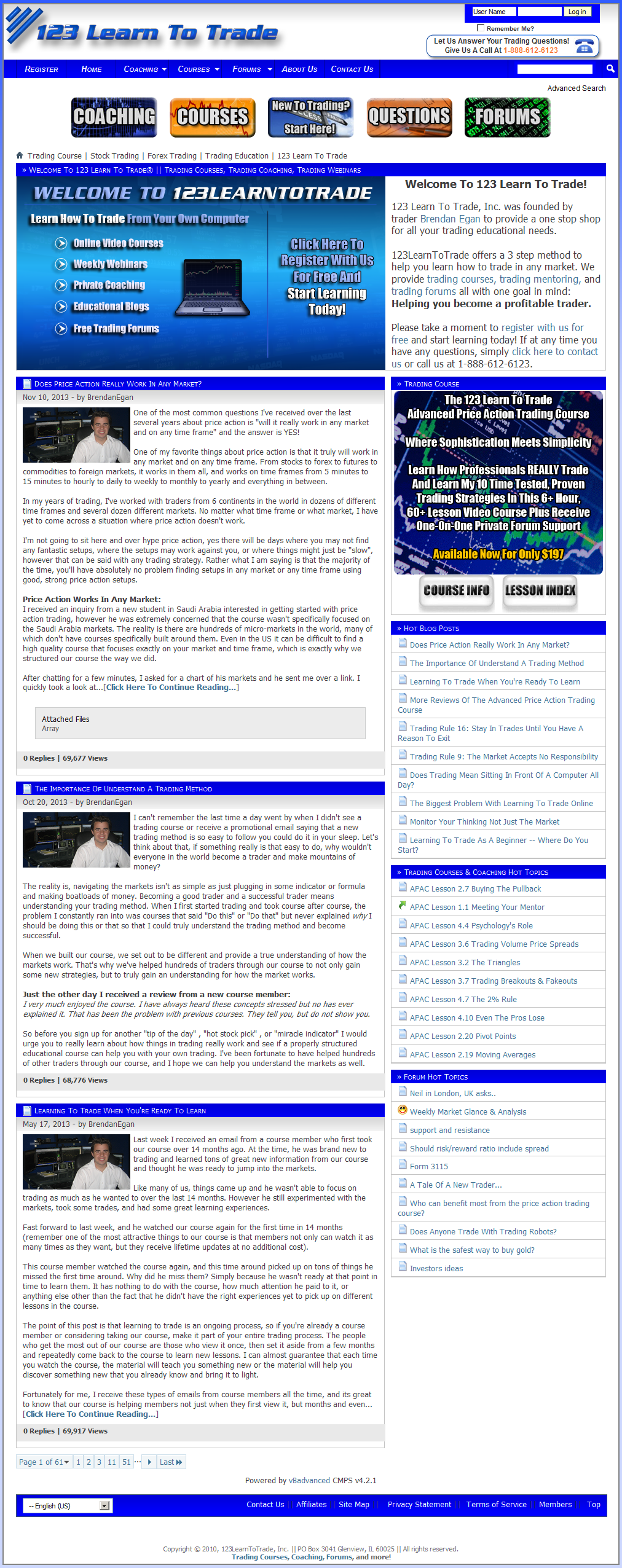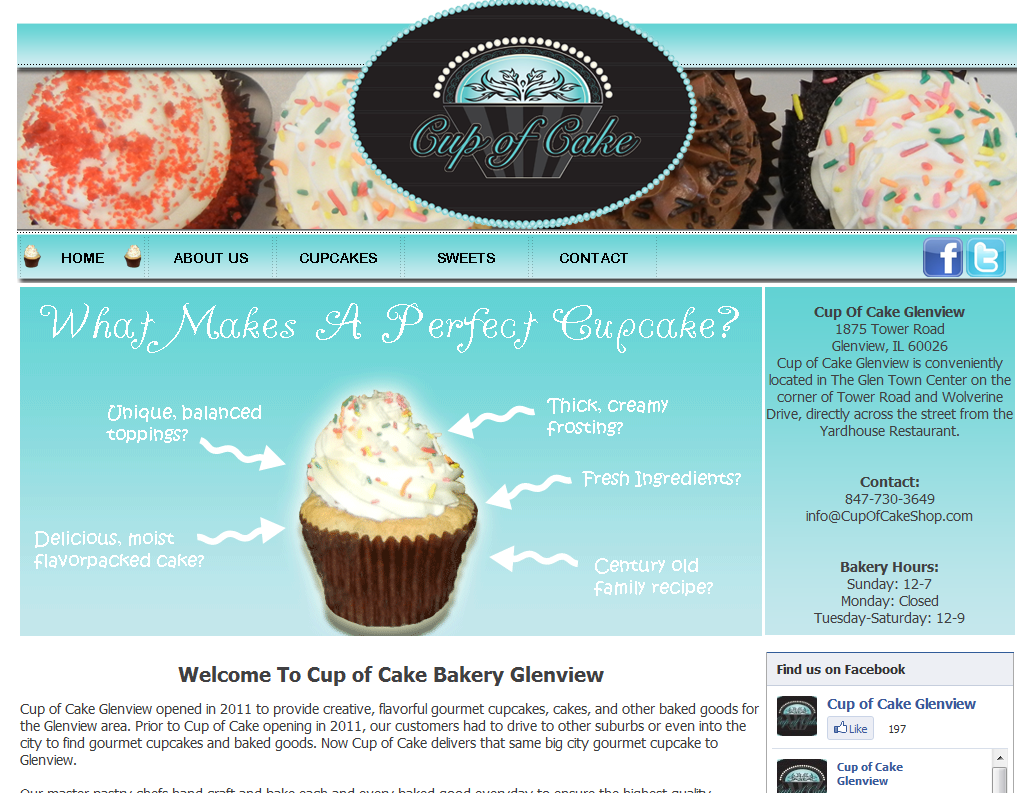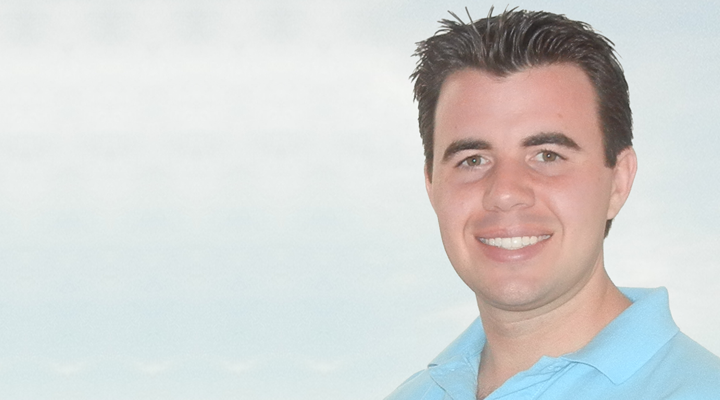Brendan Egan is the founder and CEO of Simple SEO Group, a Chicago-based digital marketing agency specializing in search engine optimization (SEO) and online reputation management. With a background in business and a passion for helping clients succeed in the digital space, Egan has built a reputation for delivering measurable results through customized marketing strategies. His approach combines technical expertise in SEO with a focus on understanding each client’s unique needs and goals.
Under Egan’s leadership, Simple SEO Group has worked with a diverse range of clients, from small businesses to professionals in fields like law, healthcare, and e-commerce. The firm is known for creating scalable, data-driven campaigns that enhance online visibility, drive organic traffic, and improve brand credibility. Egan emphasizes transparency and measurable success, offering clients a hands-on experience with clear reporting and tangible outcomes.
Egan has also demonstrated expertise in online reputation management, helping clients remove damaging or outdated content from search results and rebuild their digital image. His results-oriented approach, combined with a commitment to ethical practices, has positioned him as a trusted partner in the competitive digital marketing industry. Egan continues to innovate, providing solutions that adapt to evolving search algorithms and market trends.
- Brendan Egan Interview
- SEO And Link Building
- Simple SEO Group Is Born
- Key Business Relationships
- Boating Hobby
Brendan Egan Interview
The conversation recounts a decade-long professional relationship between Brendan and Mike, who are both SEO specialists. It traces the evolution of their strategies and perspectives on search engine optimization. They initially connected in 2012, competing for top rankings for the keyword “small business SEO.” Both relied heavily on Build My Rank (BMR), a now-defunct private blog network, and experienced brief victories by producing high volumes of low-quality content. However, Google’s updates rendered their efforts obsolete, teaching them the limitations of such tactics.
SEO And Link Building
They reflected on the limited returns from ranking first for the targeted keyword, realizing that high search volume doesn’t necessarily translate into valuable leads. This prompted a shift toward prioritizing long-tail keywords—specific, lower-competition phrases that are easier to rank for and attract more qualified traffic. They found greater success focusing on content quality and longer-form pieces while diversifying their link-building methods.
Their approaches to SEO diverged over time. Brendan embraced a “white hat” strategy, emphasizing ethical practices such as high-quality content and foundational link-building techniques like business directory listings and micro-blogging. Micro-blogs, small content pieces hosted on free platforms like WordPress.com or Medium, serve primarily to create backlinks to client sites. Occasionally, these micro-blogs rank independently, increasing a client’s visibility.
Mike admitted to experimenting with manipulative tools and techniques, enjoying the creativity and rapid results they bring despite their temporary nature. However, both agreed on the importance of balancing content creation and link-building, with budgets often split evenly between the two. They emphasized adjusting strategies based on competition and keyword goals, underscoring the adaptability required in SEO.
Their journey also touched on broader industry insights, including skepticism about claims that link-building is obsolete. Despite changes in Google’s algorithms, foundational practices like using trusted domains for links and building “link wheels” continue to deliver results without penalization. By applying these methods, they have consistently achieved high rankings for clients.
Simple SEO Group Is Born
Brendan reflects on his journey in digital marketing, beginning with the creation of a trading-focused website around 2008. Initially offering trading courses, he transitioned into SEO to boost sales, building a team of link builders and content writers. The success of ranking on Google led to friends and family seeking help with SEO for their businesses. This expanded into a full-fledged digital marketing agency, Simple SEO Group, founded around 2010-2011.

His agency began with a goal of generating $100,000 in revenue within 18 months, a milestone they surpassed, growing annually except during the COVID-19 pandemic. Over the years, he diversified the company’s offerings beyond SEO to include website development, email marketing, pay-per-click advertising, and social media campaigns, helping over 320 clients across various industries.
Brendan emphasizes the dynamic nature of digital marketing, where staying updated is crucial. He describes the evolution of website design priorities, shifting from purely SEO-driven to incorporating branding, design aesthetics, and user experience. Early websites, while ranking well, lacked visual appeal, a weakness they have worked to address over time.

He highlights the importance of regularly refreshing website designs every two to three years to maintain relevance, leveraging WordPress’s ability to update content management systems (CMS) easily. This approach saves costs compared to rebuilding websites from scratch. Overall, the speaker showcases a journey of growth, adaptation, and a commitment to balancing technical SEO, design, and branding to meet evolving client and market demands.

Key Business Relationships
Brendan reflects on his transformative encounter with John Shegerian, who reached out after reading an online interview. Initially skeptical, Egan agreed to meet Shegerian, who flew to Chicago just for their meeting. Their three-hour lunch sparked a partnership that expanded Egan’s business approach beyond virtual operations. Shegerian involved him in impactful ventures, including ERI, a top electronic recycling company, and startups like Engage, a talent booking platform. Their collaboration diversified Egan’s ventures into fields like medical insurance verification and hard money lending, profoundly influencing his career trajectory.
They reminisce about Inspirery’s inception, inspired by IdeaMensch. Despite copying its design, IdeaMensch’s creator, Mario Schulzke responded graciously, forming a lasting friendship with Munter. They discuss how interviews on such platforms, while initially intended for PR and link building, often lead to unexpected business opportunities and valuable connections in marketing.
He enjoys balancing his core SEO business with ventures like ERI and Engage. Engage, a streamlined talent-booking platform, excites him with its innovative approach. He also thrives by partnering with businesses, exchanging equity for his expertise in software, marketing, and growth. This dynamic variety keeps his work exciting and challenging.
Brendan thrives on collaborating with businesses by blending traditional client services with equity-based partnerships. He selectively invests time, expertise, and resources into ventures he finds exciting, often trading services for company equity. This allows him to influence decisions and help scale businesses toward acquisition potential. Balancing passion, financial viability, and growth opportunities, Egan tailors each partnership to ensure mutual benefit. Through innovative projects like Engage, he embraces the challenge of creating scalable solutions while fostering long-term relationships. For less engaging prospects, he offers standard client services, ensuring a steady revenue stream alongside his equity-based endeavors.
Boating Hobby
Brendan took on a boat restoration project during the pandemic, using the downtime to learn and rebuild a boat from scratch. He’s dedicated 106 days to the project, working every night and weekend. Egan, who also enjoys hands-on projects outside of work, is balancing this with his engagement plans, originally set for 2020 but delayed until October 2021 due to COVID.

